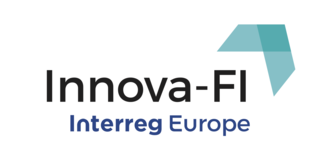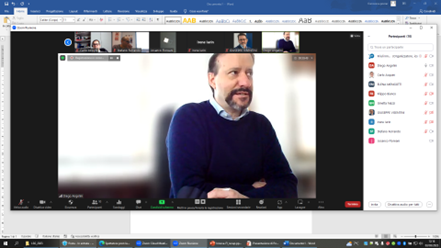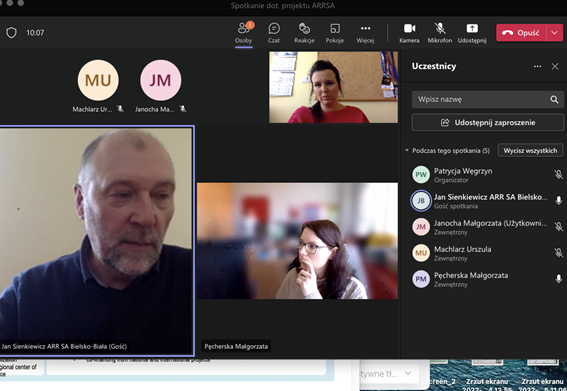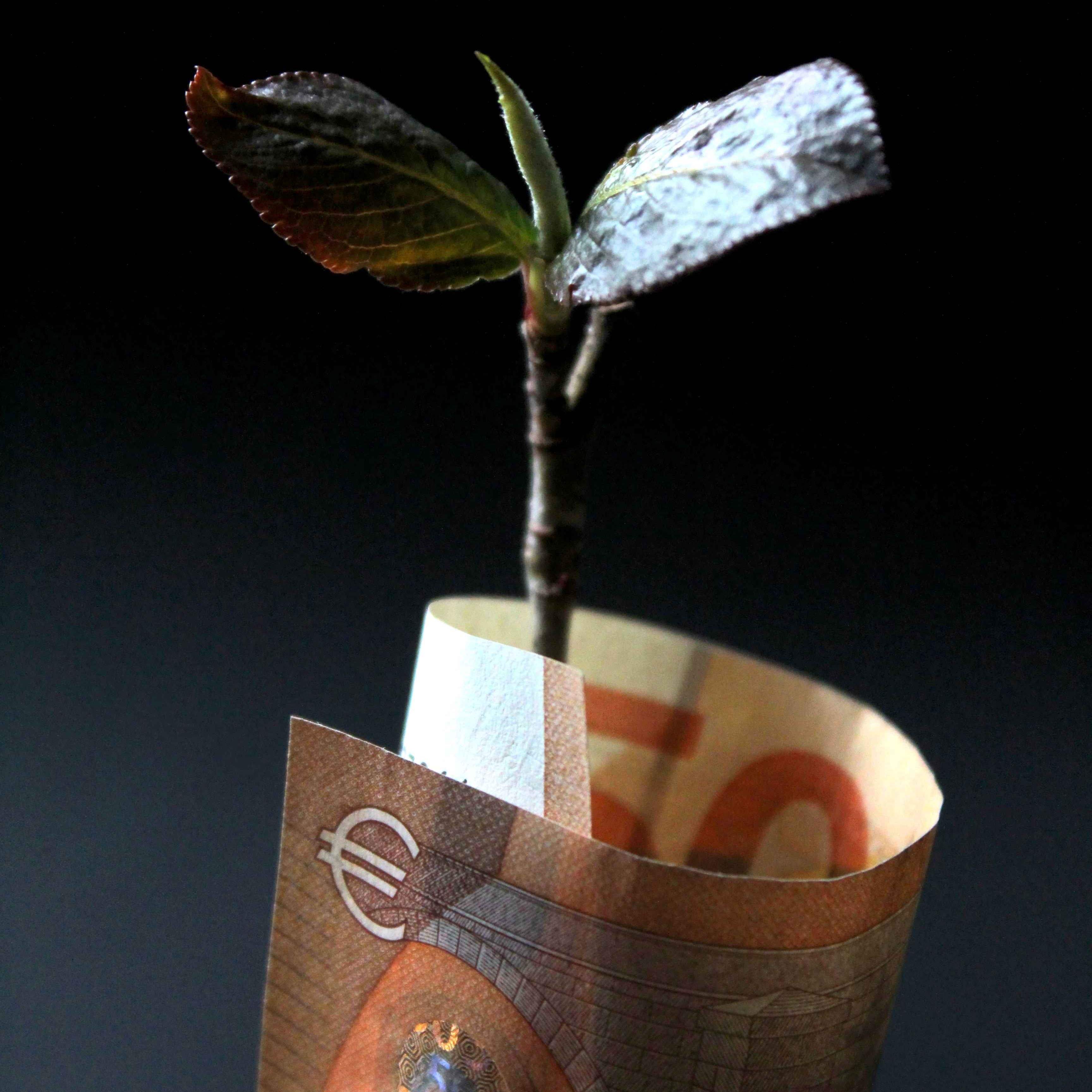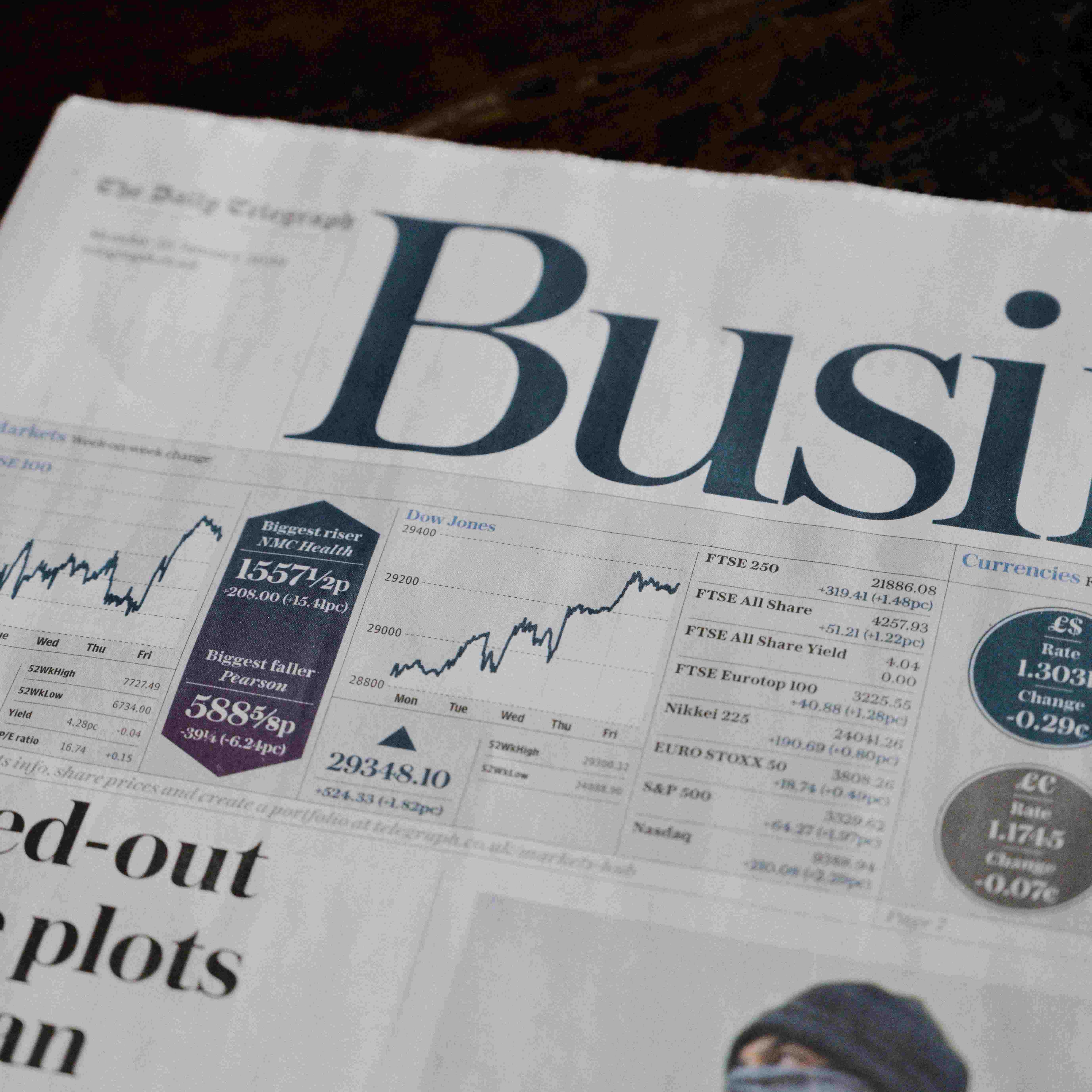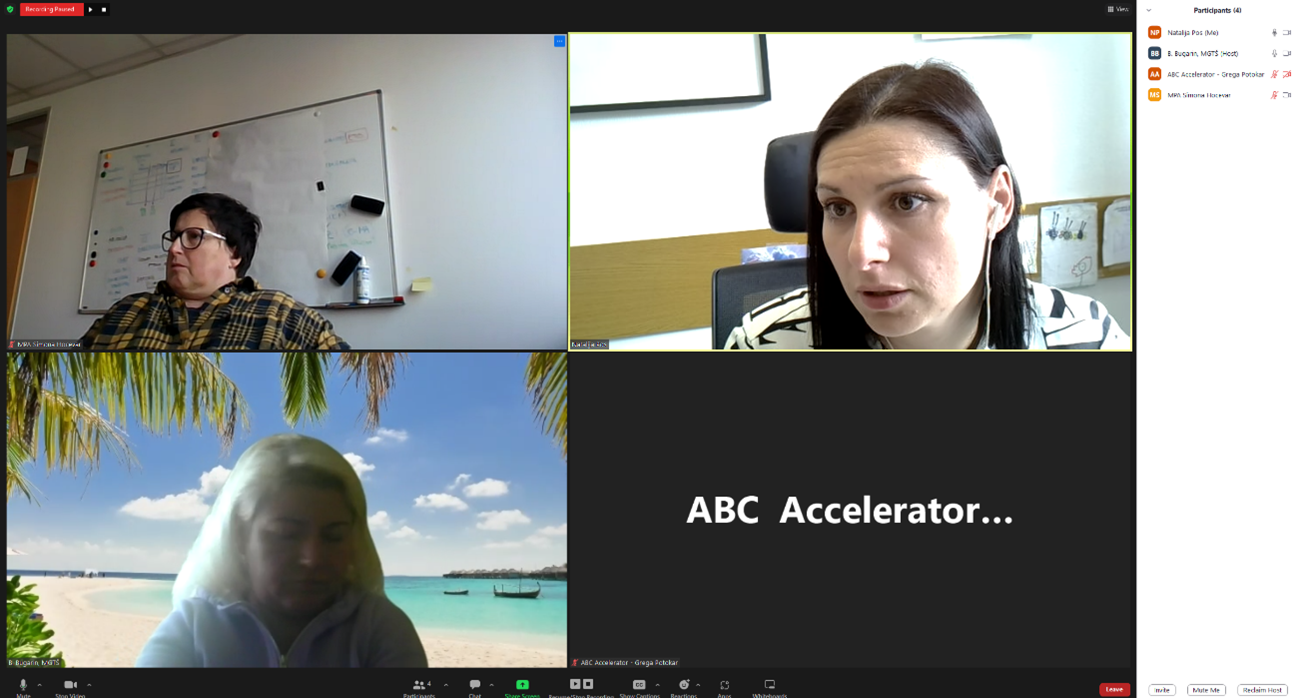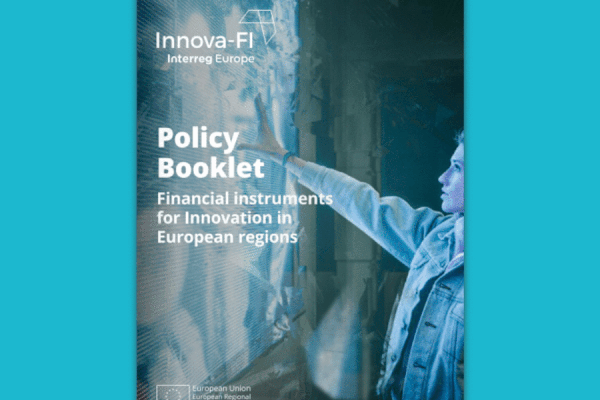The European Central Bank will decide in spring, most likely in April, whether to move ahead with the preparatory work to launch a digital euro, a complex project that would facilitate payments but could also shake the foundations of the financial system.
Facebook’s announcement of the project to launch its own digital currency in the summer of 2019 (initially named Libra but currently called ‘Diem’) was a wake-up call for central bankers and governments across the world. Reaching 2.7 billion of users with its own digital token, tied to sovereign currencies, was perceived as a threat by regulators.
Some central banks, including Sweden and China, were already working on digital versions of their own currencies. But many more decided to explore the idea – after Facebook’s announcement – to protect their monetary sovereignty.
The ECB concluded on 12 January a public consultation which attracted massive feedback with more than 8,000 responses.
“We have received a mine of information which we are currently processing”, said ECB President Christine Lagarde on Thursday (21 January), who explained that it will lead to a report that will be publicly available.
“It is only in Spring, probably in April, that we will determine whether or not to go ahead with the work that will need to be done”, she added.
Sources from the Bank of Spain explained that, following that report, the ECB would decide on whether to launch a pilot project to test the viability of the digital euro and gather more practical knowledge.
Still, Lagarde believes that the digital euro will end up seeing the light of day. “My hunch, but this is a decision that will be taken collectively, is that we might well go in that direction,” she said last November. But, as she repeated many times, its introduction would not imply that banknotes and coins will disappear.
The project also has strong supporters in the Commission.
“I think we need a digital euro,” the vice-president for the economy, Valdis Dombrovskis, told a group of journalists on 19 January. The potential of a digital euro is immense, but it also has its challenges, as Lagarde noted.
